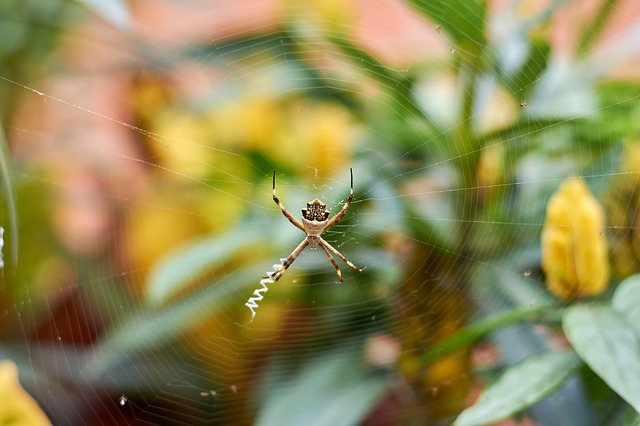A well worth the effort method in organic gardening is planning your planting times to avoid the life cycles of those annoying garden pests that seek to kill and destroy your lovely vegetables. Although it is not a method that can stand alone, it is a tremendous benefit.
One of my favorite tricks is fooling the squash bugs and squash borers that can plague a southern garden. What I’ve found to work great is growing your summer squash in the fall and your winter squash in the spring. Although I never give up on some glorious and tasty summer squash growing in the spring, I know I will have to deal with the bugs. By planting summer squash in mid-July so to flourish in fall I find no bugs at all. You heard me right!! The squash bugs are all sleeping!! So I get the treat!!
Growing winter squash in the spring successfully is a matter of variety. Also, early bird always gets the worm, so if you can start them in pots to go in the garden quickly you may find you’ve beaten the squash bugs and borers for the early stages of plant development. You can bet that they shall still emerge from slumber to mate and lay eggs in your squash plants. You must monitor your plants carefully to detect any bugs and eggs and destroy them. It takes about 10 days or so for the eggs to hatch out and then you have an infestation on your hands. Another little trick I’ve found to work is simply to sprinkle a little Diatomaceous earth also known as diatomite or kieselgur and is a naturally occurring
The best winter squash variety that I’ve found to have the least problems with squash bugs are Butternuts. Some others to try are Acorns and Sweet Cheese for spring. I’ve found no problems what so ever with squash borers on these. They seem totally uninterested.
Be sure to have your beds well prepared in advance for your new seedlings and for direct sowing. The beds that contain the most organic matter and compost have the least problems with the squash bugs. Be sure your organic matter consists of plenty of green manure as well as brown. This will set them off to greater growth development at a faster rate in the beginning by having plenty of nitrogen and other nutrients. So don’t give up on growing squash and by no means ever give up growing organically. With just a few tricks and learning your insects’ life cycles, we can all have a splendid bountiful harvest.
- Wild Dagga Motherwort Medicinal Herb - November 11, 2013
- Grow The Best Organic Lettuce - November 4, 2013
- Amish Hot Pepper Mustard - October 23, 2013

